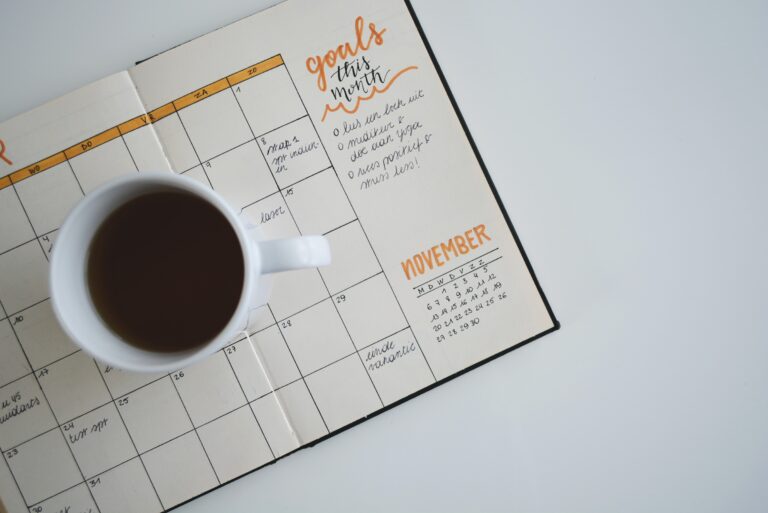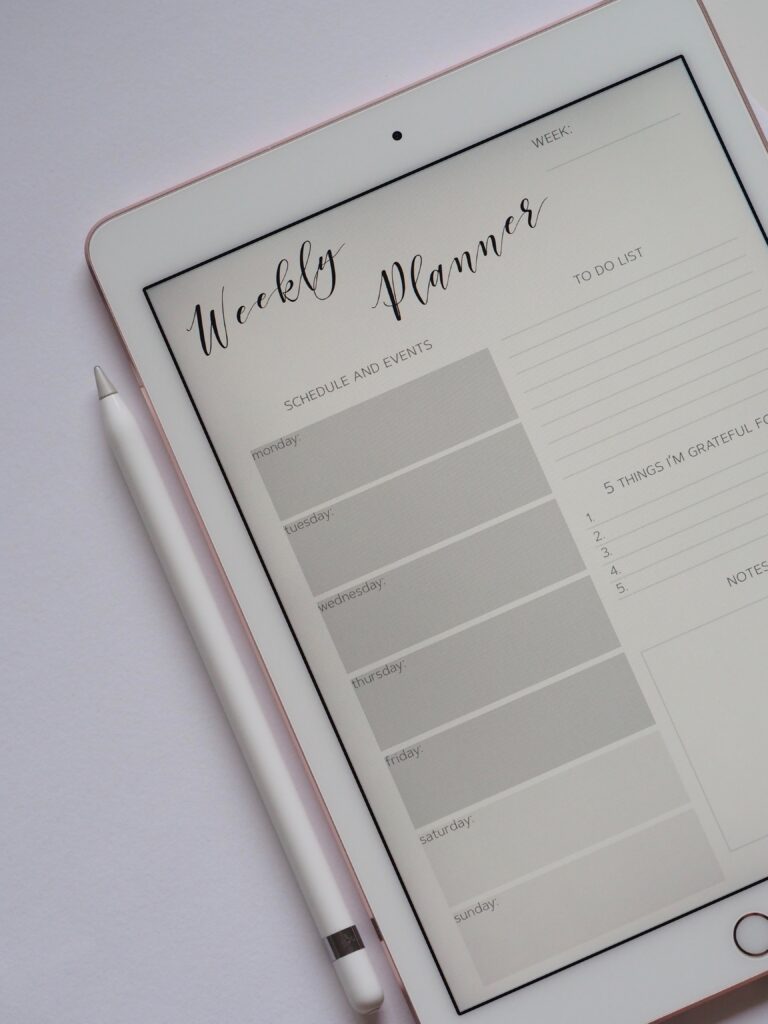The Power of Listening And How To Get Better At It
Take a trip down memory lane to your school years. Do you remember what kind of skills you were taught? Let me help you with the exercise. You were definitely taught how to read and write in grade one or kindergarten. You were also introduced to speaking in the form of presentations in front of the class. How about listening? Do you remember being taught how to listen? Have you ever thought about the power of listening?
I’m not talking about listening comprehension when studying a foreign language. I’m referring to the listening we supposedly use in our day-to-day communications. Odds are, you are very poor at it, even if you think you are a good listener. How do I know this? I was once a person who thought she was good at listening. Until she found out what real listening is and how powerful it is.

I thought I was a good listener.
As an introvert and someone who considered herself shy most of her life, I thought I was good at listening. Compared to most people, I probably was better, but it does not automatically make me good at it. And the interesting thing is that with the years, I thought I had actually become worse. My natural inclination to listen more and talk less declined and turned into pretending I was listening. I would catch myself thinking about stuff and not really paying attention to what the other person was saying. I was losing the ability to be present.
It was not until I took the Management Consulting course at Rotman that I realized there was so much more to listening than I initially thought. We were introduced to different levels of listening, and I was surprised to realize that I had fallen to the first level from the second level. As for the third level, I don’t know whether I had actually been there before.
This course and the information about listening were eye-opening for me. I was a pretender, and this was definitely not who I wanted to be. I wanted to be a good listener because I knew the power of listening. This was when I started paying more attention to this skill and purposefully working to improve it. It’s a journey I’m still on, but I already love the results. I wouldn’t have become such a great coach if I was not a great listener.
Levels of listening: from no listening to the real power of listening
You are probably wondering what these levels of listening are. They can be summarized in the following categories:
- Level -1: Being distracted and multitasking. This is basically the lowest possible level. As the description clearly specifies, it occurs when the “listener” is distracted and multitasking. It means that there is no listening.
- Level 0: Changing the subject. At this level, there is listening, but the listener changes the topic of the conversation. There is no caring about what the other person is saying. The “listener” is not even interested in the subject at hand, let alone what the speaker has to say.
- Level 1: Subjective listening. This is the first level above ground, but it is still focused on the listener. Instead of focusing on the other person and really hearing the meaning of the shared information, the “listener” turns everything back to him/herself.
- Level 2: Objective listening. At this level, the listener starts to engage and focus on the speaker. There are no thoughts about turning the conversation towards the listener’s agenda. To confirm understanding and show listening, the listener would repeat what the other person has said.
- Level 3: Intuitive listening. This is the highest level and where the power of listening really shows. It is listening with all senses and getting to the heart of the message. The listener pays attention to the words, tone of voice, energy, feelings, and what is not being said. It is the most potent level of listening, which creates a strong connection between the speaker and the listener.

The difference it makes
Reading about the different listening levels is probably sufficient to help you realize what a difference it makes. However, it goes beyond this and how the recipient feels. If you fail to understand the message’s meaning, you will not respond correctly and meaningfully. This naturally causes arguments, disputes, and misunderstandings at work and everyday life. You can prevent and reduce all these just by the simple act of listening. It makes the other person feel valued and heard while also improving the image and value of you – the listener.
What makes listening important for leaders
Being a good listener is essential for everyone, especially leaders. There are numerous reasons why this skill can make you a better leader. Here are just three of them which demonstrate the power of listening.
Seen as intelligent, perceptive, and caring
When you really listen to others, you show how interested you are in them. Good listening skills also require a certain level of curiosity to hear what the other person says. It is natural, therefore, that people will start seeing you as someone who cares and hears them. What is more important is that the ability to listen and hear will help you grow personally and make you more intelligent and thoughtful. Just imagine how your employees, followers, and everyone around you will view you when you listen to them.
Improved speaking skills through the power of listening
A natural progression from being good at listening and really paying attention to what people say and how they say it can be an improvement in your own speaking skills. When you let others share, and you hear them, you face various speaking styles. You can analyze what works for them and how you can incorporate the findings into your own speaking style. As a leader, your speaking is critical. Listening is a skill that makes you better on its own but also improves how you speak. It’s a double win.
Become a better student (and expand your thinking)
In broader terms, you actually become a better student. Listening to others and actually trying to hear and understand what they say and what they don’t say expands your own thinking.
We all view the world through our own lenses, and a lot of the time, our communication is at the highest level of the ladder of inference. It’s usually a conversation where we throw our own opinions at each other and wonder why the other person does not see our point of view. By being a good listener and going deeper, by asking questions that move the other person from the top of the ladder to the lower levels of interpretations, thinking style, and data seen, you expand your own thinking. You open your mind to new possibilities and improve yourself not only in terms of speaking.
The sky is the limit when you really listen. Your leadership will reach new heights of understanding, analysis, and empathy once you incorporate good listening skills.

What can stop you, and how to prevent it and get better
Listening and actually hearing the message is a skill that requires practice as any other skill. Some people are naturally good at it, but it does not mean they should not keep on practicing and getting better at it. Some of the things that make good listening hard are below.
Environmental noise
This is the most obvious and probably the easiest one to mitigate. Environmental disturbances can make listening and hearing hard. Loud noises prevent us from hearing what the other person is saying. The easiest solution is to move to a quieter environment where the speaker can be heard.
Chatter in the mind
The chatter in our minds is another kind of noise that prevents us from listening well and hearing the message. All the voices and thoughts about the future and the past are preventing us from being here and now and listening well. This noise is more challenging to turn off or escape from. The only suggestion we have is for you to be patient and practice. Be mindful of your own thoughts and how they interrupt your listening. Start small and just catch yourself when your mind wanders. Just notice it and get back to listening. Don’t judge yourself. It takes time and effort to master a skill.
Attention or lack thereof
A third hindrance to good listening is our lack of attention. With the rise of technology, we have become more and more like dogs barking at squirrels every time our devices make a sound or light up. There are so many shiny objects around us that it’s become hard to focus on one thing only. Distractions are all around us.
The proposed solution? Tweak your environment. Choose an environment without distractions if you want to be a good listener and hear the message. Leave your phone where you won’t hear and/or see it. Don’t face the outside, just the person in front of you. Remove distractions as much as possible so you don’t need to fight them.
Biases
Lastly, our biases prevent us from listening well and hearing the message. As mentioned above, the conversation starts at the top of the ladder of inference. Unfortunately, it stays there most of the time, preventing us from hearing the message and seeing the other’s point of view. The solution to this problem is to be aware of this tendency and ask questions. Keep your mind open, knowing that your ideas and thoughts are biased, and ask probing questions curiously and gently. Your goal is to understand the other person and the message. Ask questions in an inquiring way, and you will be surprised by what you will be able to hear and learn about the person in front of you.
Try it out
Now that you know how important the power of listening is, it is time to try it. Remember, applied knowledge is power. Get out there and start listening, really listening. Give yourself permission to learn and grow with the experience. The old habits of interrupting, thinking your thoughts, changing the subject, etc., will remain there. It takes time and effort to build new habits. Just try it out and go one step at a time. In a few months, you will not recognize yourself and how great of a listener you are.
Want help with improving your listening skills? Book a complimentary call here.
- Mastery Orientation or How to Stop Seeking Praise - May 6, 2024
- 5 Reasons to Improve Employee Wellbeing and Health - April 29, 2024
- Build a Professional Network That Loves You - April 22, 2024







